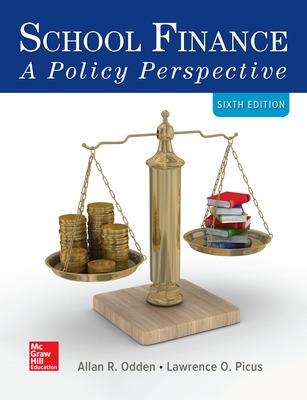3. The relationship between "yield" on securities (eg: bonds) and their respective "maturity" is know as the and is graphically illustrated by a A. Required Rate of Return (RRR)... Securities Market Line (SML Equation) B. Nominal/Stated/Quoted Interest Rate...Yield Curve C. Term Structure of Interest Rates...Yield Curve D. Expected Rate of Return... Probability Distribution Yield Curve Graph 4. If the "risk free rate" & the various "market premiums" (eg: default/credit, liquidity, inflation, market, & maturity) are expected to gradually increase over the next 3-5 years, the "slope of the Yield Curve" will be sloping. Which of the "market premiums" is most important: A. upward (or positively sloping or a "normal Yield Curve")... inflation B. flat (no slope at all... no change would be expected)... liquidity C. downward (or negatively sloping or an "inverted Yield Curve")... default/credit D. upward (for years 1-3) then downward (for years 3-5)... market 5. A good approximation of the long-term "risk free (interest) rate" is the yield/rate on a A good approximation of the short-term "risk free (interest) rate" is the yield/rate on a A. Federal Funds Rate...Discount Rate B. 10-Year U.S. Treasury Bond...90-Day U.S. Treasury Bill C. 30-Year U.S. Treasury Bond...30-Day U.S. Treasury Bill D. Prime Rate Bank Loan (interest rate banks charge their best/prime borrowers), for both. 6. Let's say you are actively managing your own 401K Plan. You have several U.S. stock funds, a U.S corporate bond fund, a money market fund, and a couple international stock funds to choose from when allocating your funds. At what point might you switch your fund allocations from stock funds to bond funds? A. When the S&P 500 is as low as you expect it to go for awhile & the "Fed" is worried about inflation B. When the S&P 500 is as high as you expect it to go for awhile & Fiscal Policy suggests deficit spending. When the S&P 500 is as high as you expect it to go for awhile & market interest rates have probably peaked for awhile due to the "Fed" believing that inflation is "under control" C. D. When the U.S. Government stops its "deficit spending" & "war-mongering behavior







